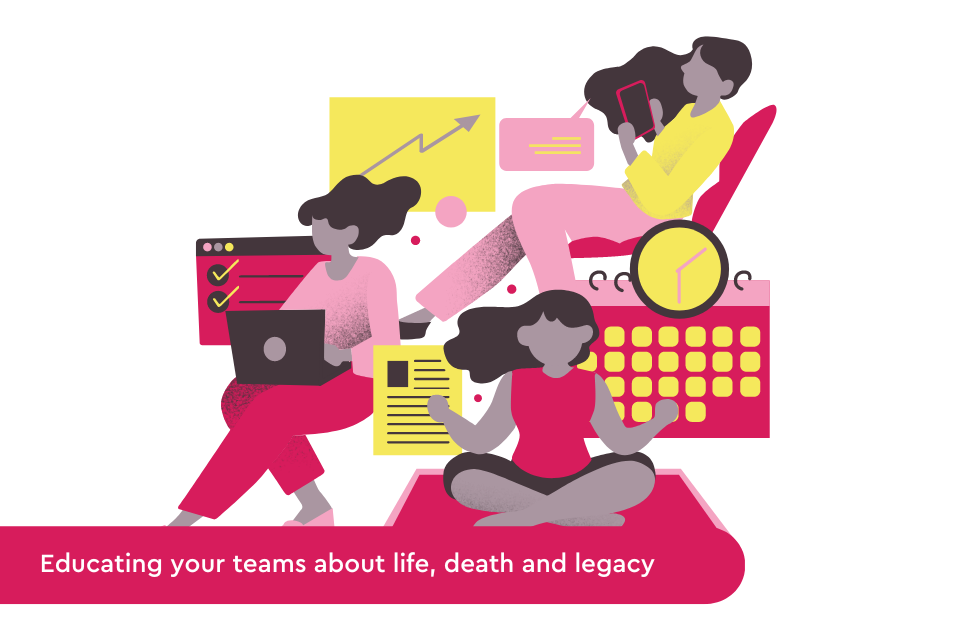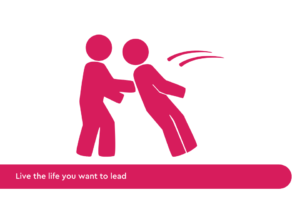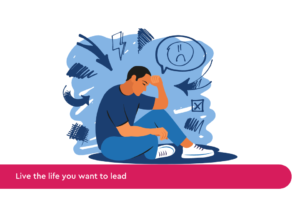What is work life integration?
For many the phrase work-life balance is one you have heard many times. It is widely known as the time you spend at work vs the time you spend at home, with family, or pursuing personal interests.
We all acknowledge that we have work lives and a personal life. Many strive to get their time across both just right, to keep their lives in balance. It was thought that work-life balance resulted in workplace wellbeing.
But is that true? You can’t deny it helps, but let’s take it one step further …I am also hoping you have heard of work life integration?
‘Work life integration aims to unify your personal and work life in a way that complements both areas (as opposed to them competing with each other).’
(At this point I want to make it clear that this is the definition I am referring to. There is also the idea that workplace integration is through the blending of technology and actually, this means work can overwhelm your life, and work and life become blurred in an unhealthy way.
What we are looking at is the idea of complementing your work life and personal life and specifically acknowledging the importance of both whilst at work).
Why is work life integration important?
Ultimately, we want the best for our teams and the best for our business.
Acknowledging that an employee’s personal life exists and how it can affect a person’s work life is crucial in the reduction of stress.
Overwhelm, stress and productivity.
Achieving everything we need to at home and at work is tough. Have you ever had so much to do that you do nothing? The feeling of overwhelm can lead to stress and harm productivity.
‘When we are under stress, our bodies and minds focus on coping with the stressor rather than on the task at hand.’
This can affect our ability to make decisions and complete tasks.
‘Around 18 million working days are thought to be lost each year because of these problems. That’s over half of all the working days that are lost to ill health.’
But let’s not forget personal lives aren’t just to-do lists. It’s things that make us happy- hobbies and interests. It’s people and relaxation.
‘It takes sufficient sleep and exercise, quality relationships, time spent on hobbies, and more to truly thrive in life, including your work life.’
Why as an Employer would I encourage work life integration?
Sure, at face value if our employees are at the office and working, even working past their home time, why would you say anything or change anything?
Well, employees ‘working’ doesn’t necessarily result in the outcomes you strive to achieve; quality, productivity, and deadlines met.
There are significant downsides to continuously working long hours and ignoring home life.
‘Overwork can reduce productivity. Instead of getting more done, employees accomplish less, and that work is often lower-quality.’
Read more at Business News Daily
What we are saying is you gain from it! An employee that’s drained, unrested and has their mind elsewhere is an employee that isn’t focused, productive, or motivated. They are just getting by, pushing through.
If we are proactive and encourage employees to take time for themselves it builds relationships, loyalty and trust. An employee knows when their employer has their best interests at heart. They feel valued and in return will value you and your company. You may find they want to return the ‘favour’ and deliver their best work for you.
Of course, there is only so much to give, an employee still has to be able to do their job but that employee that stays after work every day to try and get ahead. Is it worth it? You know what’s most important to meet your strategic deadlines. And you know you need an energised, motivated team to get you there.
So how do you know you’ve got it right?
It’s a feeling. I don’t think there is ever a truer measurement. You will feel it, see it through the quality of work, and hear it from colleagues and employers.
Things will change. Life stresses and work stresses will mean the work-life balance will need to be flexible, adapt and change. It’s a constant fine-tuning exercise to get it right and ‘balanced’.
Ultimately you should see it through output, days lost or not lost, staff morale and turnover.
How can you help?
For everyone work life integration will be different.
- Flexible working
- Remote working
- Exercise classes during lunch
- Knowing when you might need to work a little extra or actually when its okay to go home at ‘5pm’
- Bringing your dog or cat* to work
- Learning new skills- taking classes with support from your employer
- Set clear priorities and deadlines
- Communicate
- Team days
But ultimately and why we are here…
Acknowledge that personal life will bleed into work life. If someone has some bad news, has been poorly, or has had a loss in their friend family network. This will come to work. There is no stopping it.
The best thing you can do is not to ignore it. Ignoring people’s personal lives breaks down their feeling of value, their work-life integration and, as we know, leads to stress and loss of productivity.
Breed an organisation that creates trust and comfort amongst their team and as such allows a conversation to take place.
This is exactly where huunuu fits into company policies and workplace wellbeing. Our experiential training methodology and products help prepare individuals to deal with everyday life within their careers, personal development, and overall wellbeing. Resulting in resilience and better-engaged teams.
*Can anyone ever really ask a cat to do anything?




